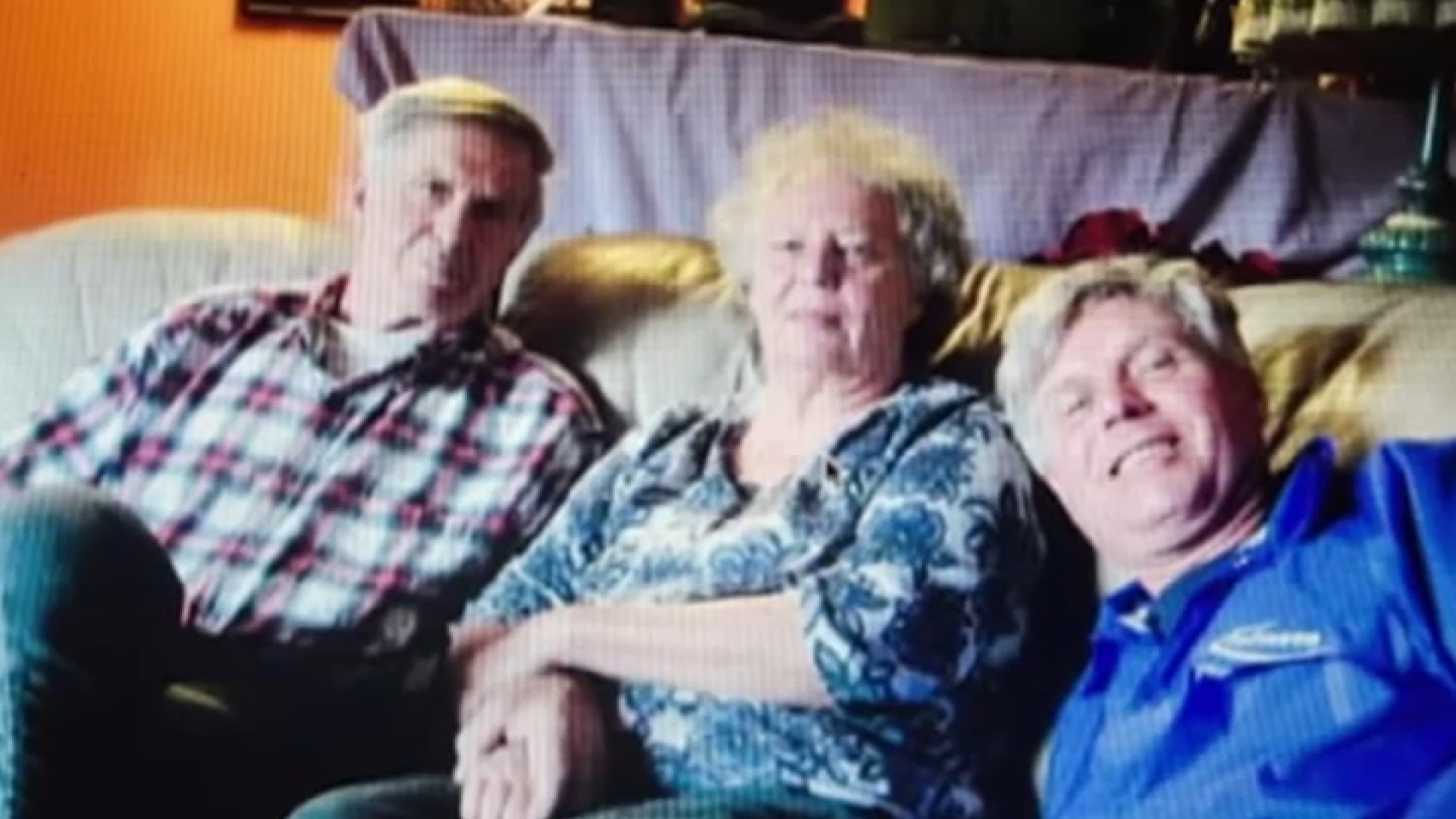When she’s on the water, Erica Davis looks just like any other Olympic canoeing hopeful. What’s unique about her … is how she gets in the vessel. Wheeling down to the Fiesta Island shore and being lifted in by her coach.
“I was 24 when my quote-unquote injury happened,” says Davis.
Erica has a rare genetic disorder that causes internal bleeding. One drop of blood got into her spine and the competitive triathlete lost her ability to walk.
“I was very much of an athlete and physical education teacher. I was into sports for my life and my family.”
Get top local stories in Southern California delivered to you every morning. Sign up for NBC LA's News Headlines newsletter.
After surgeries to stop the blood leak, she started dealing with how to approach her new life.
“I didn’t know anyone in a chair so I didn’t know much about sports that were out there.”
After about a month and a half of pondering, Erica’s parents invited over a friend who was a handcyclist. He let Erica try it out.
California
News from across California
“They said it was the first time I had a real smile on my face since the injury.”
A month later she entered her first race.
“I won it, got a gold medal. I was the only female in the race, but you’ve got to cross the line to get the medal.”
Since that moment, Erica has been unstoppable. With help from the Challenged Athletes Foundation she got a racing chair and has dabbled in 30 different sports. She competed in eight of them before falling in love with Paracanoeing.
“People can see my wheelchair on the shore but then when they look out they won’t necessarily know who’s the one that uses the wheelchair. So, in a way, it is freeing not having to have the chair with me,” says Davis.
Ever the competitor, Erica immediately excelled in the canoe. She’s one of the countless adaptive sports athletes that find a way to not only overcome their challenges, but to embrace them.
“You do have to dig deeper and you do learn more so I’ve learned that I can do even more than I thought. I always wanted to be in the Olympics and I guess that’s in one way a silver lining. Now, going for the Paralympics, I have a much better chance to get there.”
She has a little more time to trim before the Olympic trials in mid-May but if she can climb Mount Kilimanjaro, she can get faster in the canoe.
Oh, I forgot to mention Erica was part of a team of challenged athletes who took on the iconic peak, becoming the first paraplegic woman ever to summit Kilimanjaro in a wheelchair.
“You just have this totally warm feeling inside. You don’t feel the elements. I had some tears just looking around and taking it all in, what we had all just worked for and being able to accomplish such a big goal like that.”
Accomplishing big goals is just part of Erica Davis’ life. And she’s not going to stop any time soon.



